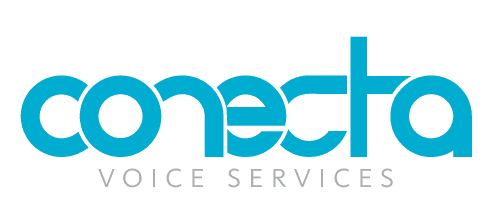Quantum AI Seriös: Checking for Proper Licensing and Registration
The emergence of quantum artificial intelligence (AI) has brought about profound advancements in various industries, revolutionizing the way we quantum ai australia solve complex problems and process vast amounts of data. However, as with any cutting-edge technology, it is crucial to ensure that Quantum AI solutions are developed and deployed responsibly. One key aspect of this responsibility is ensuring that Quantum AI providers are properly licensed and registered to operate within the legal framework.
Here, we delve into the importance of verifying the licensing and registration of Quantum AI providers, as well as the implications of working with unlicensed entities. By understanding these crucial considerations, stakeholders can make informed decisions when selecting a Quantum AI solution that aligns with legal requirements and ethical standards.
Why Licensing and Registration Matter
Licensing and registration serve as critical indicators of a Quantum AI provider’s credibility and compliance with legal regulations. By obtaining the necessary licenses and registrations, Quantum AI providers demonstrate their commitment to upholding industry standards and best practices. This not only ensures the quality and reliability of their services but also protects clients from potential risks and liabilities.
Moreover, licensing and registration requirements vary across jurisdictions, reflecting the unique regulatory landscape of each region. By verifying a Quantum AI provider’s compliance with local laws and regulations, stakeholders can mitigate legal uncertainties and avoid inadvertent violations that could lead to costly repercussions.
Key Factors to Consider
When evaluating the licensing and registration status of a Quantum AI provider, stakeholders should consider the following key factors:
- Legal Jurisdiction: Determine the jurisdiction in which the Quantum AI provider operates and verify the relevant licensing and registration requirements in that area.
- Licensing Authority: Identify the regulatory body responsible for issuing licenses and registrations to Quantum AI providers, ensuring that the provider has obtained authorization from the appropriate authority.
- License Type: Different licenses may be required for specific types of Quantum AI services or applications, such as data processing, machine learning, or algorithm development. Verify that the provider holds the necessary licenses for its specific offerings.
- Validity Period: Check the expiration date of the provider’s licenses and registrations to ensure that they are current and in good standing. Renewal procedures should be monitored to avoid disruptions in service.
- Compliance History: Research any past compliance infractions or disciplinary actions taken against the Quantum AI provider to assess its track record of regulatory compliance.
By thoroughly examining these factors, stakeholders can gain a comprehensive understanding of a Quantum AI provider’s licensing and registration status and make informed decisions about engaging with the entity.
The Risks of Unlicensed Quantum AI Providers
Working with unlicensed Quantum AI providers poses significant risks to businesses and organizations, ranging from legal liabilities to compromised data security. Without the proper licenses and registrations, Quantum AI providers may operate outside the bounds of legal regulations, exposing clients to potential legal actions and financial penalties.
Furthermore, unlicensed providers may lack the necessary expertise and resources to deliver high-quality Quantum AI solutions, putting clients at risk of substandard services and inadequate support. Inadequate licensing and registration may also indicate a lack of commitment to ethical standards and professional integrity, raising concerns about the provider’s trustworthiness and reliability.
In the event of a dispute or misconduct involving an unlicensed Quantum AI provider, clients may face challenges in seeking recourse or pursuing legal remedies. By choosing to work with reputable, licensed providers, stakeholders can avoid these risks and ensure a more secure and compliant partnership.
Conclusion
In conclusion, verifying the licensing and registration of Quantum AI providers is essential for ensuring the credibility, compliance, and reliability of their services. By considering key factors such as legal jurisdiction, licensing authority, license type, validity period, and compliance history, stakeholders can make informed decisions about selecting a Quantum AI solution that meets legal requirements and ethical standards.
Working with licensed Quantum AI providers not only protects clients from potential risks and liabilities but also promotes a more transparent and accountable AI ecosystem. By upholding industry standards and regulatory compliance, Quantum AI providers can build trust with their clients and contribute to the responsible advancement of AI technology.
In the rapidly evolving landscape of Quantum AI, maintaining a focus on proper licensing and registration is crucial for fostering innovation, safeguarding data privacy, and upholding ethical principles in AI development and deployment. As Quantum AI continues to transform industries and reshape the future of technology, a commitment to legal compliance and regulatory oversight will be paramount in ensuring its responsible and sustainable growth.


